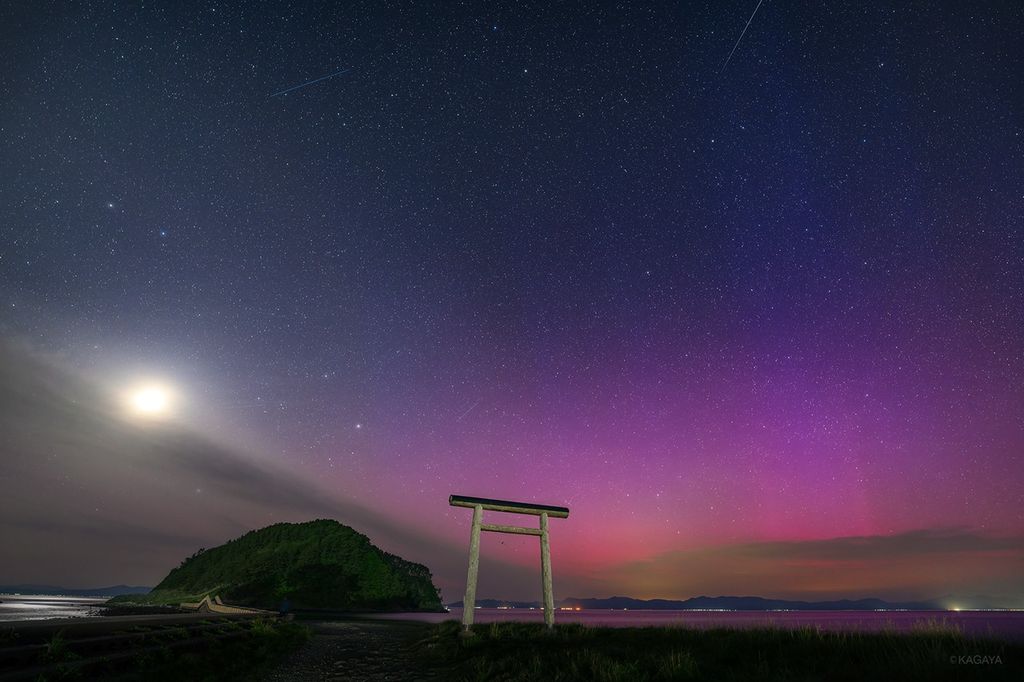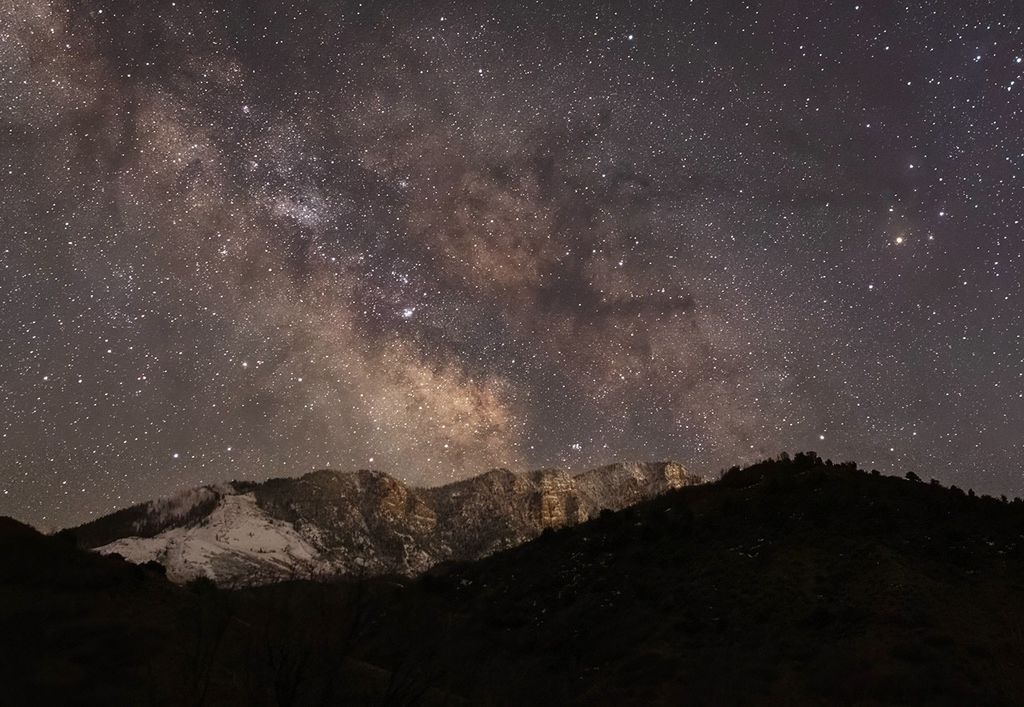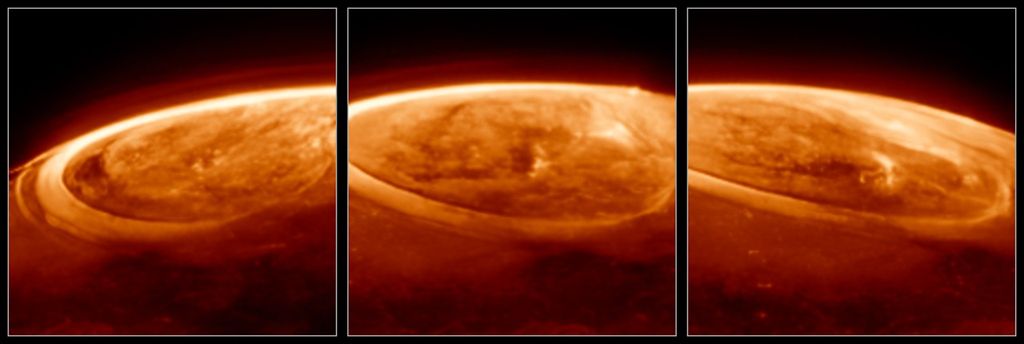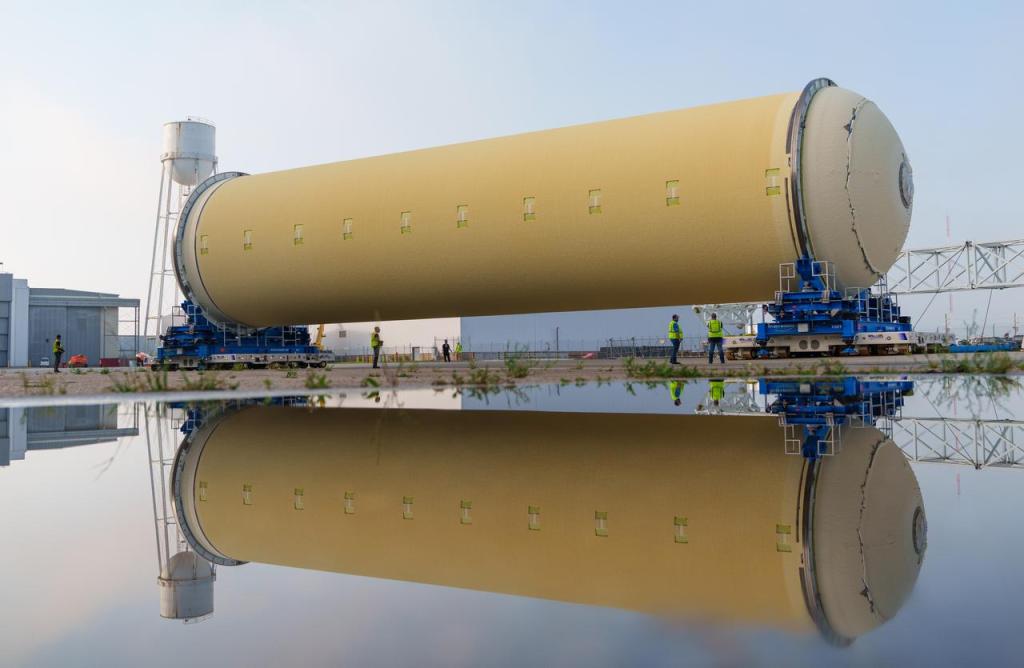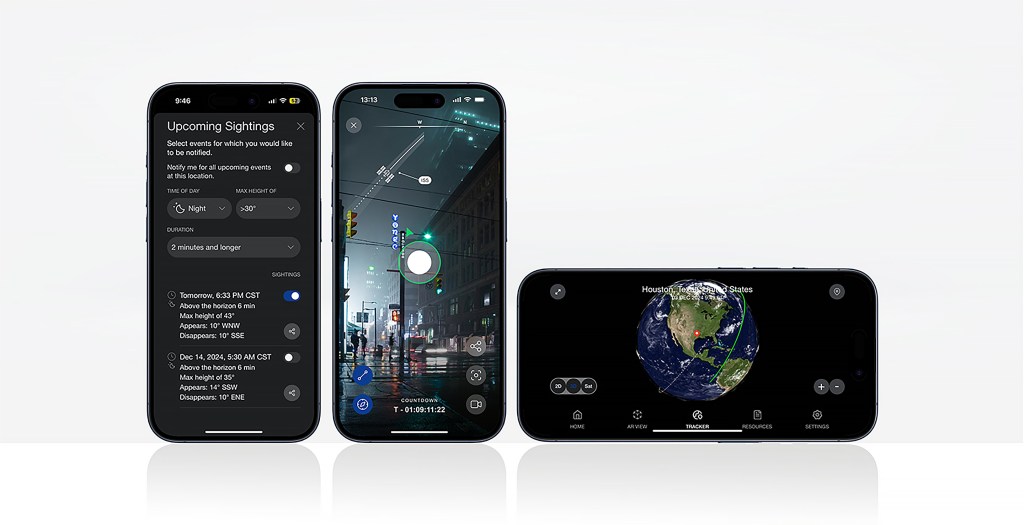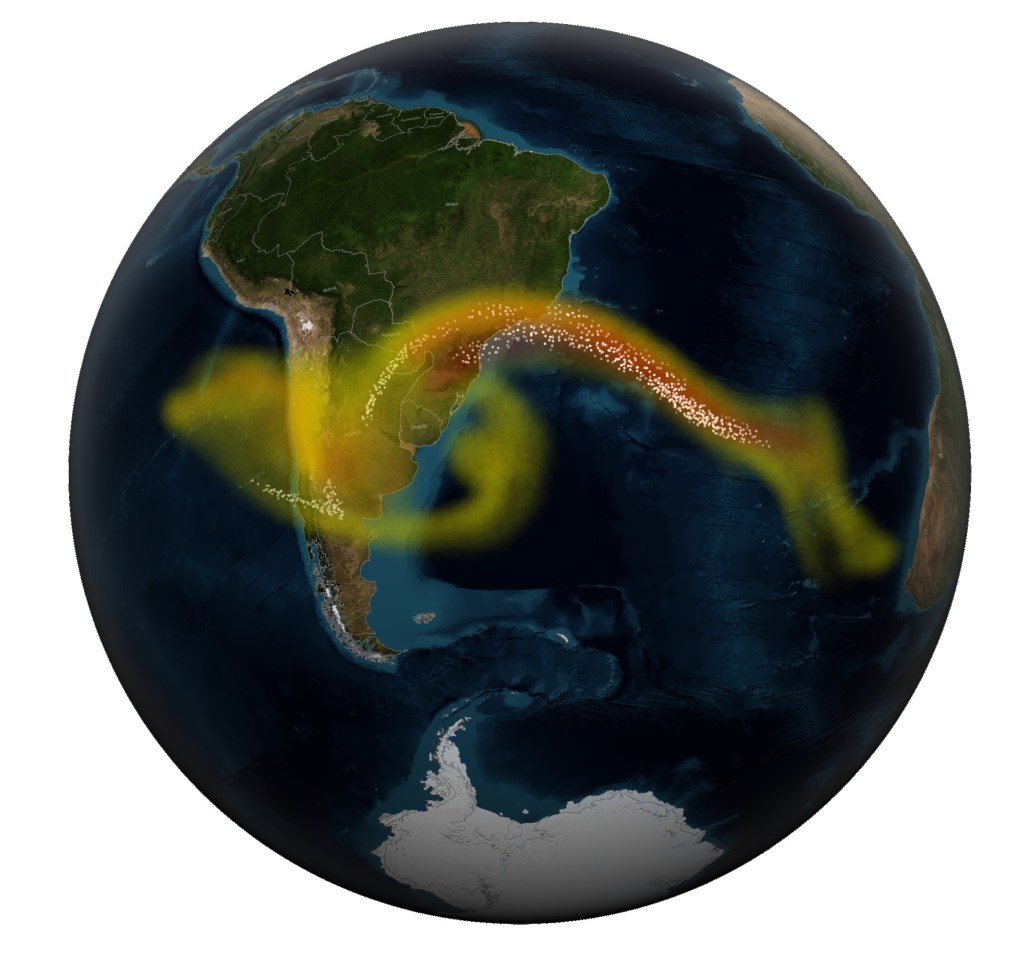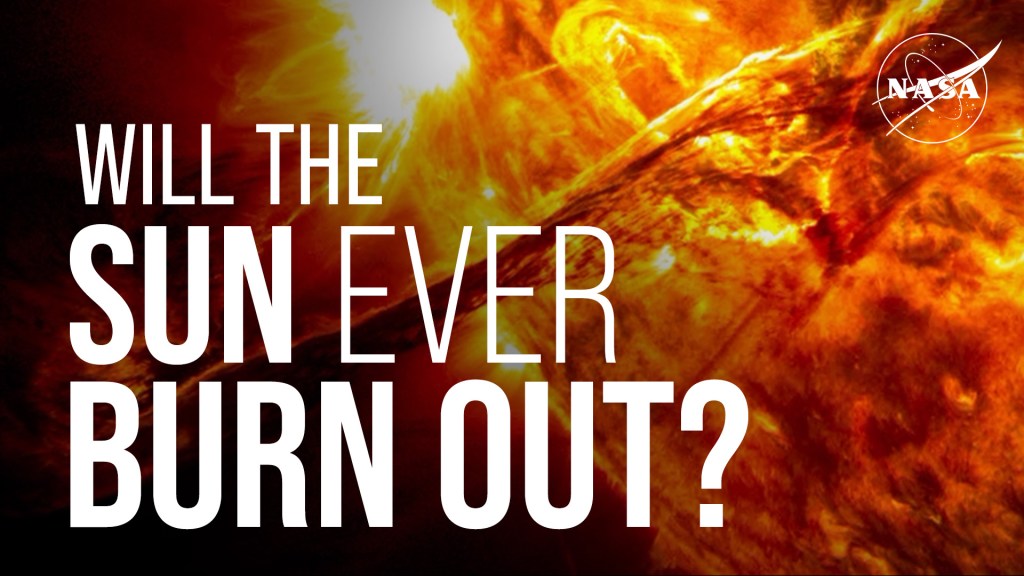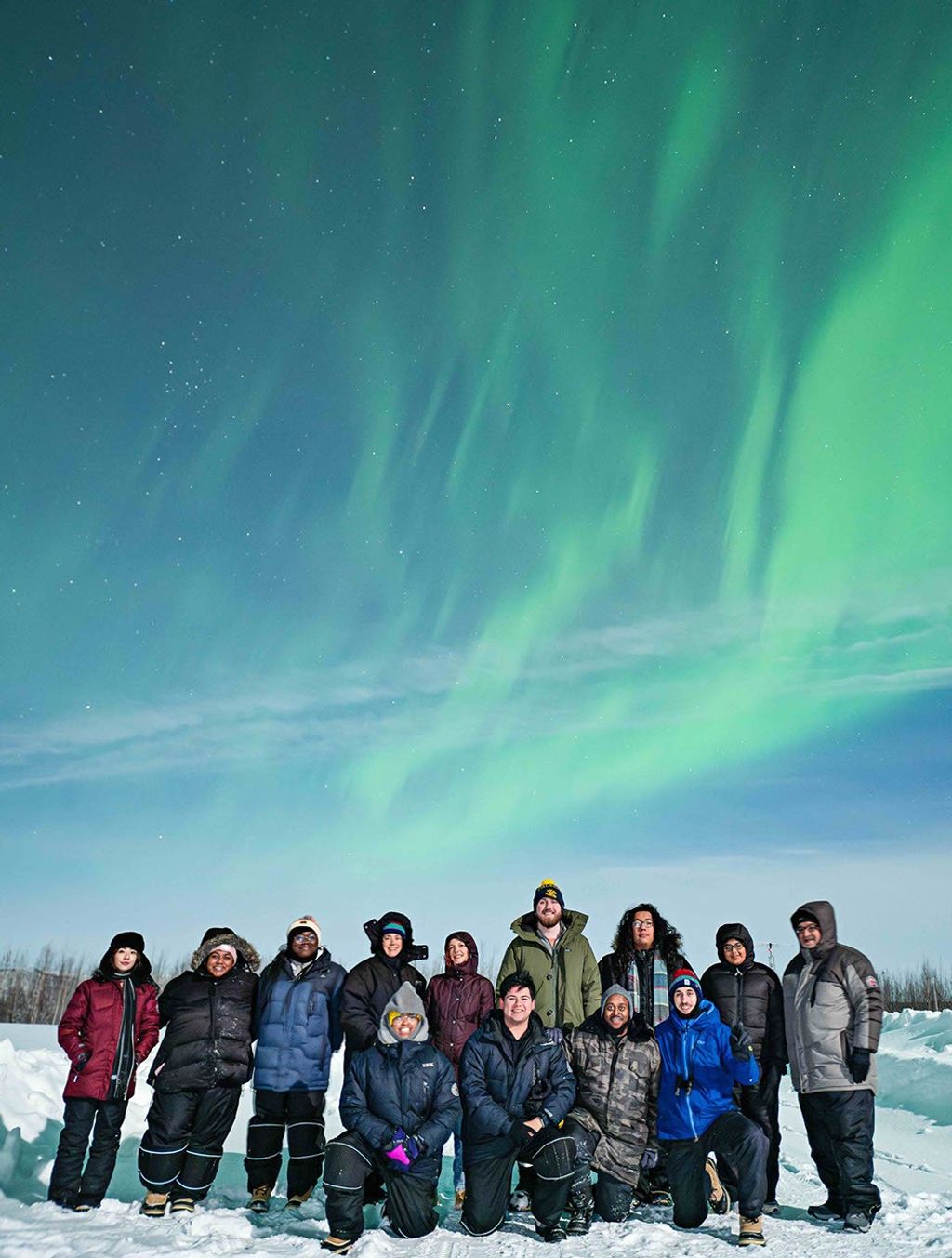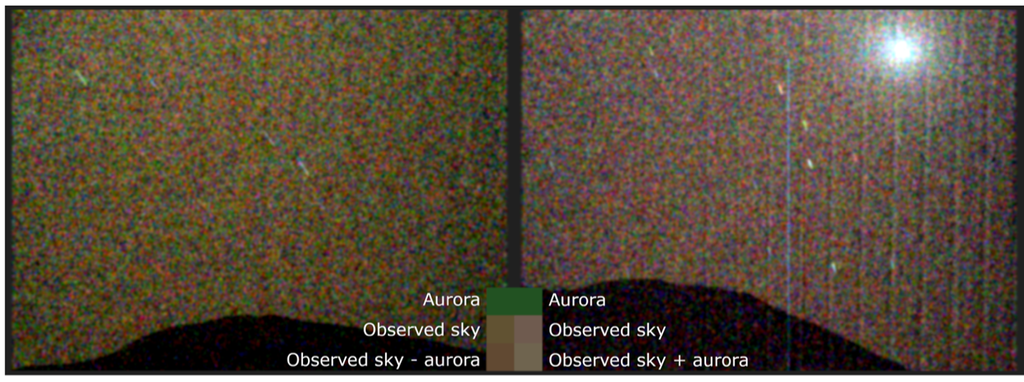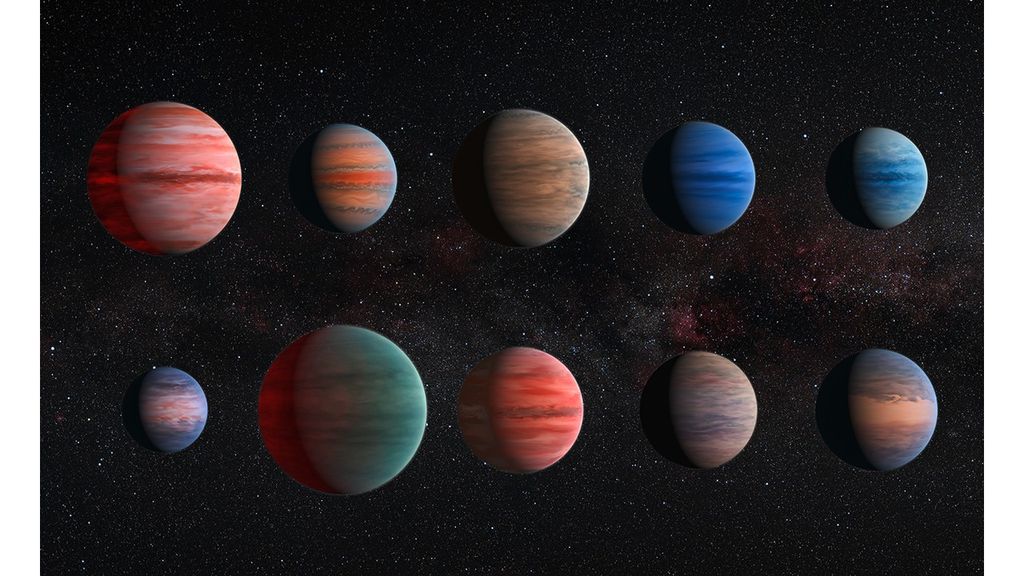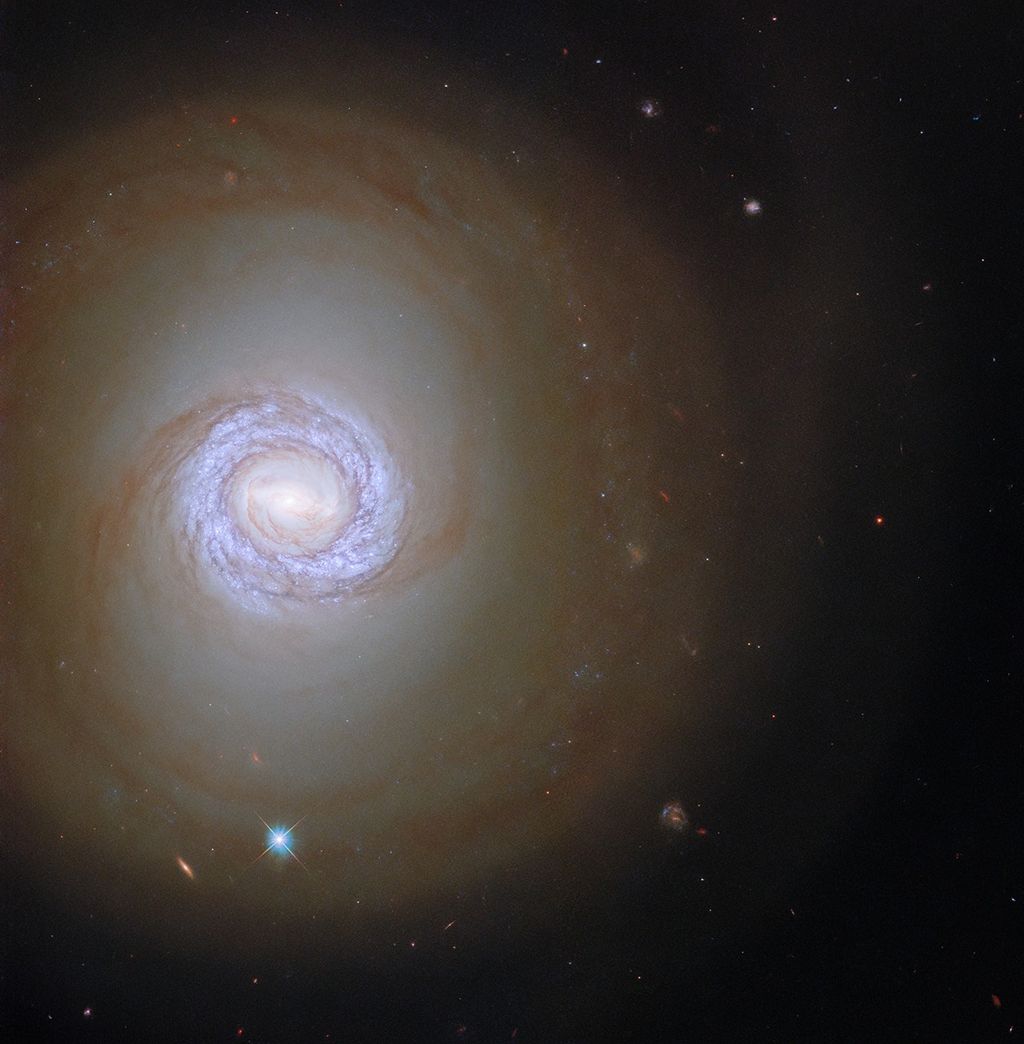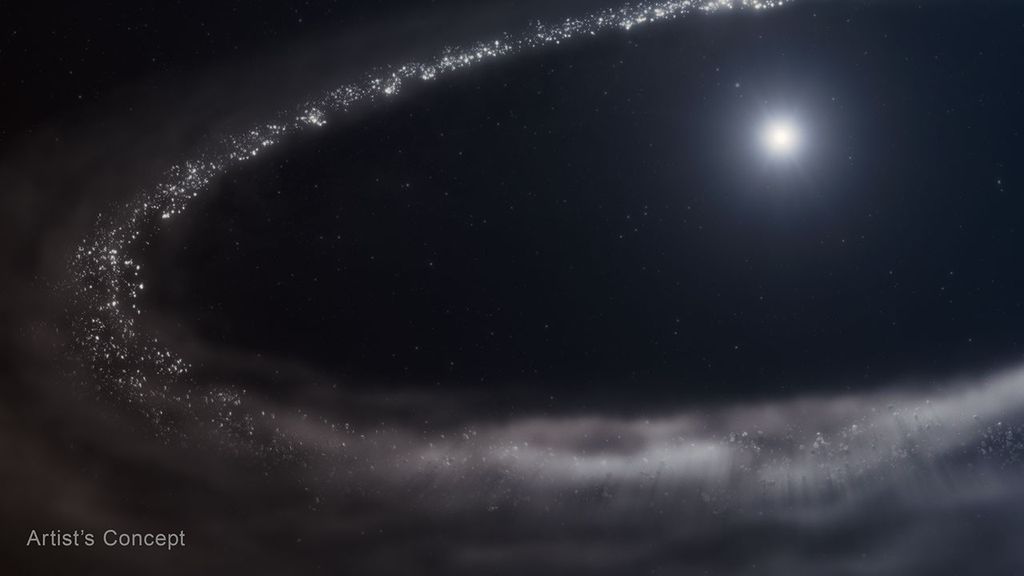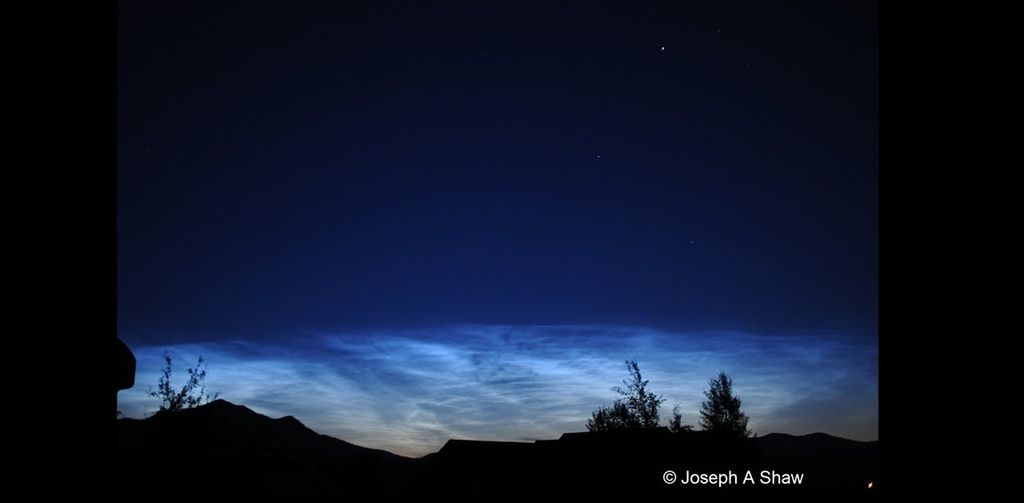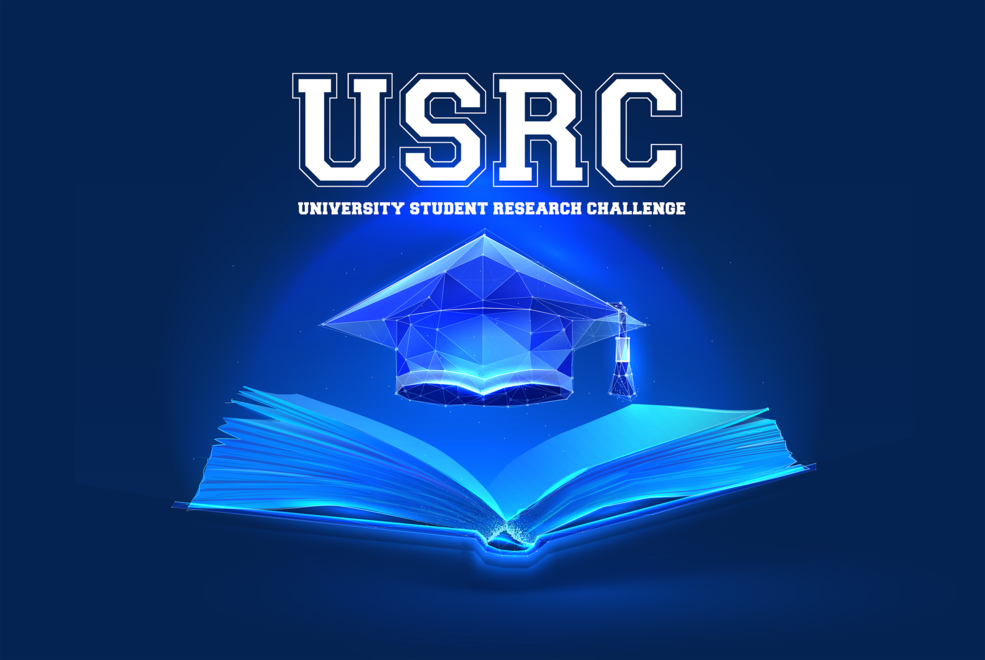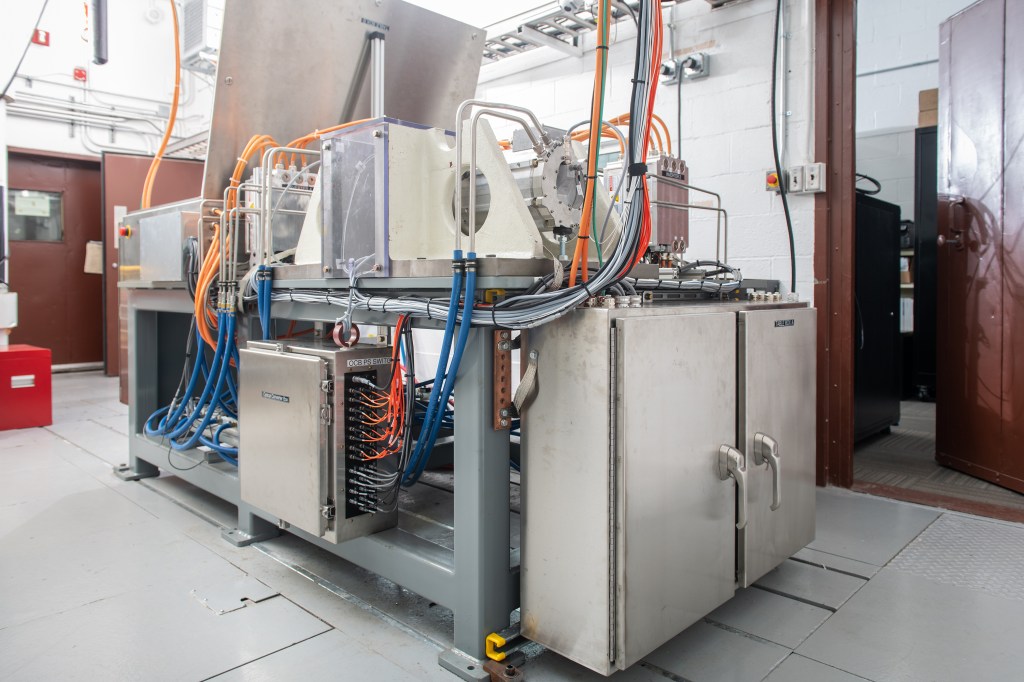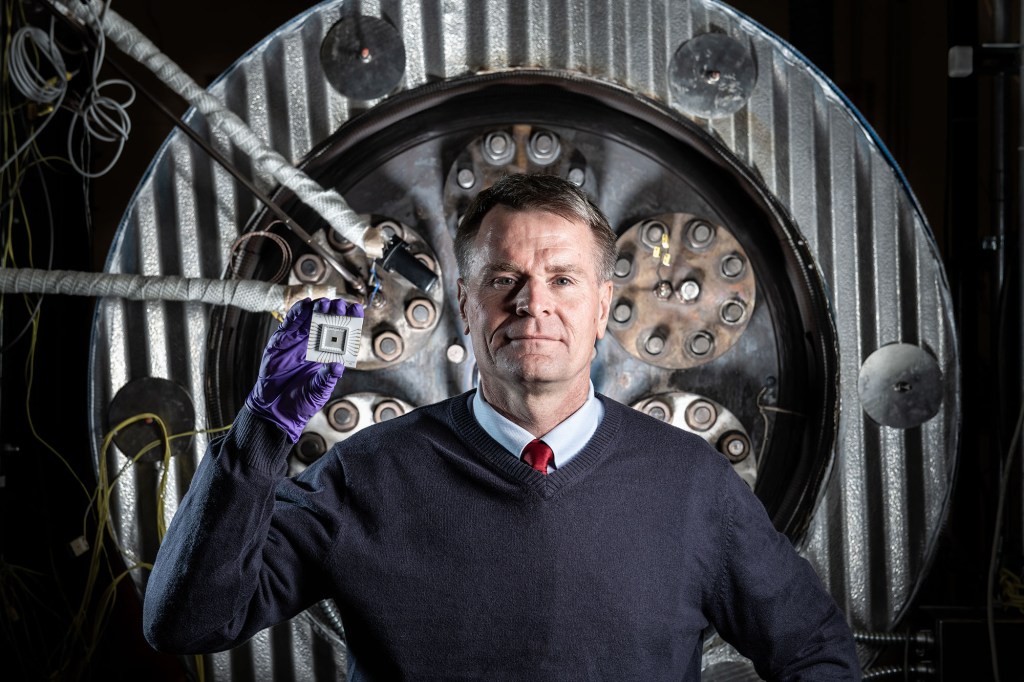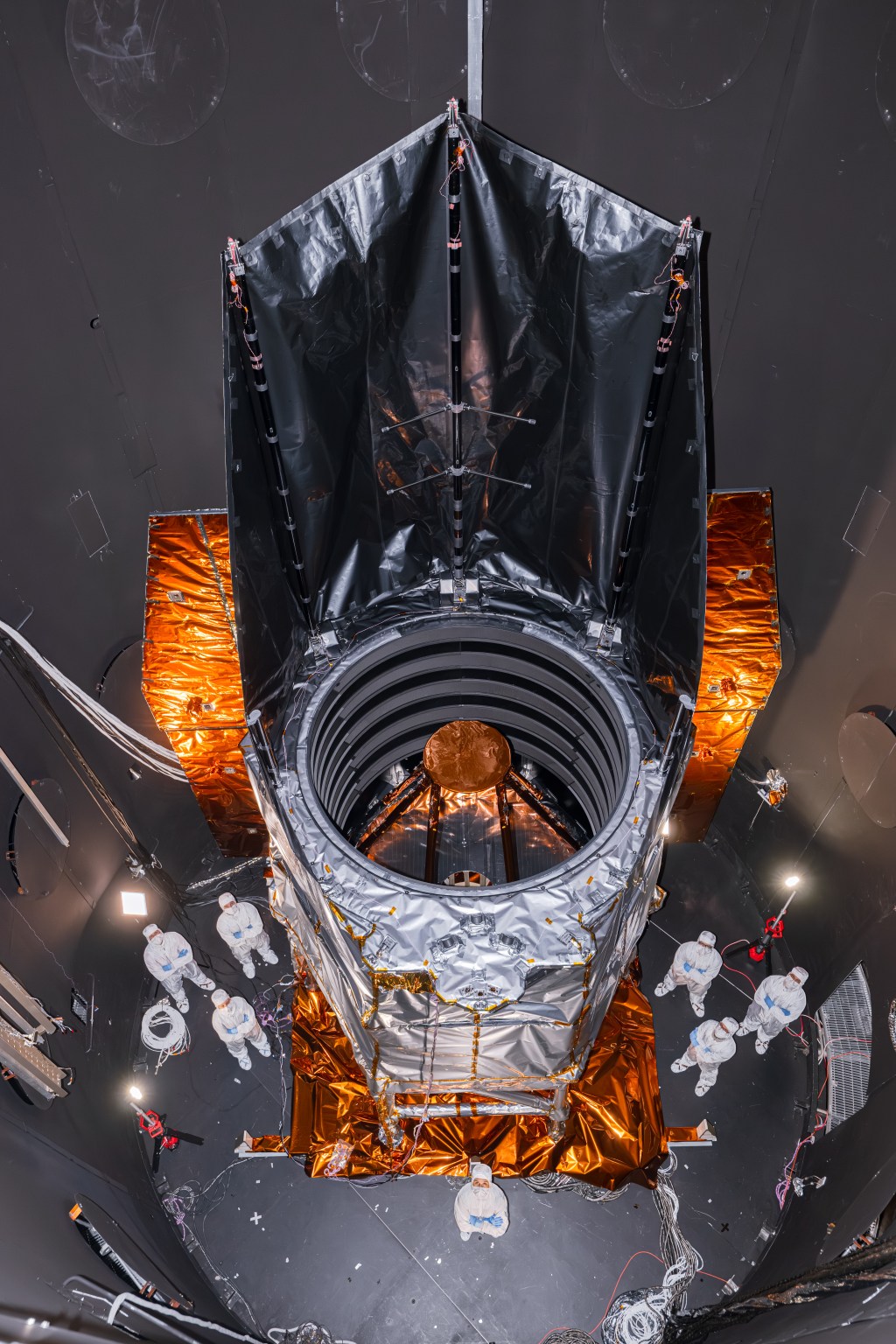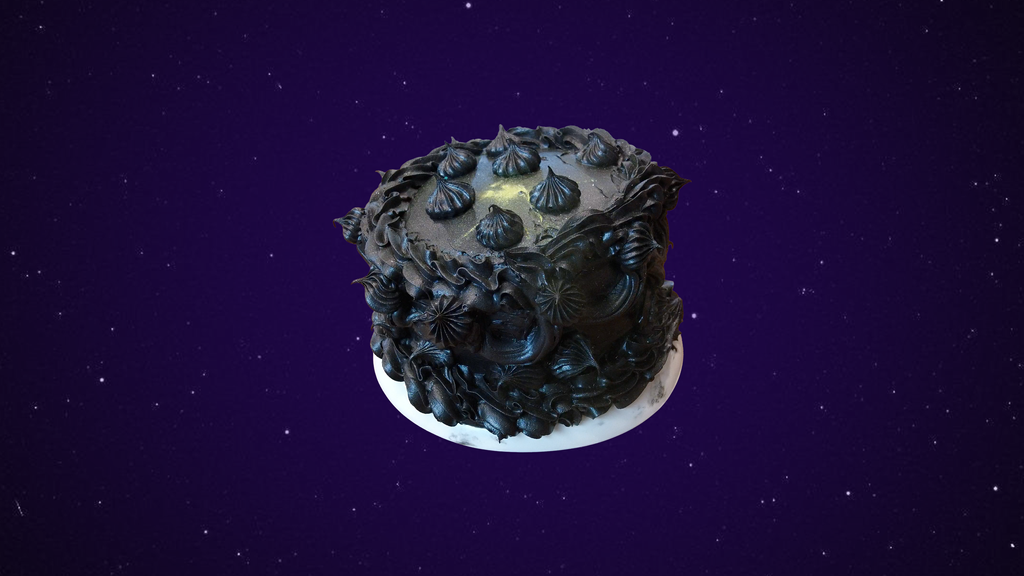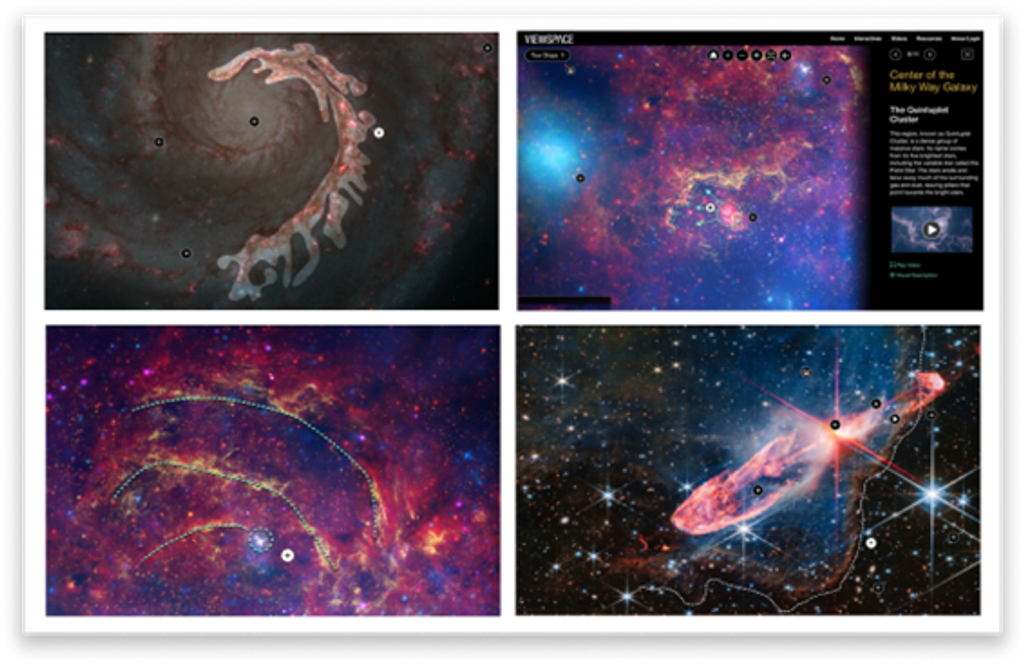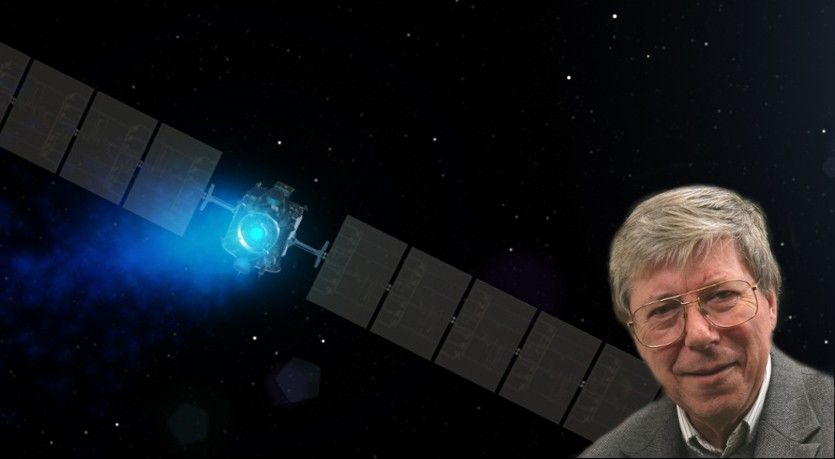
Christopher Russell
Dawn Mission Principal Investigator - University of California at Los Angeles (UCLA)
Contents
- Where are you from?
- Describe the first time you made a personal connection with outer space.
- How did you end up working in the space program?
- Who inspired you?
- What is a Principal Investigator?
- Tell us about a favorite moment so far in your career.
- What advice would you give to someone who wants to take the same career path as you?
- What do you do for fun?
- If you were talking to a student interested in science and math or engineering, what advice would you give them?
- Where are they from?
Where are you from?
I grew up in Toronto, Canada, but I now live in Los Angeles, Calif.
Describe the first time you made a personal connection with outer space.
When I was a child space travel was impossible except in the science fiction novels that I enjoyed reading. I find it amazing that in the decades since then, I myself have been able to vicariously become a space traveler by leading a mission that can successively explore new worlds in the asteroid belt.
How did you end up working in the space program?
I applied for a summer job with the government after getting my B.A. (in mathematics and physics from the University of Toronto) and they gave me a research assistant position working with the Canadian satellites Alouette 1 and 2, measuring solar radio waves. That next fall I joined the physics department at University of California at Los Angeles (UCLA) as a graduate student and I looked around to see if there were any research groups on campus doing space research. There was one, and I asked if I could join it and they let me join.
The discoveries I make are fun for me. I also enjoy my children, grandchildren and students (who are also my children, in a way).- Christopher Russell
Who inspired you?
I think the main inspiration in my life was my mother who would have been a scientist herself if that had been an option when she was in school.
What is a Principal Investigator?
The principal investigator (PI) is the person who leads an investigation and ensures its scientific and technical success. I am the PI for the Dawn mission to asteroids Vesta and Ceres.
Tell us about a favorite moment so far in your career.
I was very excited when at the age of 29 I was selected by NASA to be a principal investigator on an instrument flown into space (magnetometers for the ISEE 1, ISEE 3 and Pioneer Venus Orbiter missions) after having participated as a co-investigator on several missions. However, this earlier moment pales in comparison to the thrill of seeing the Vesta images returned from the Dawn spacecraft after nearly 2 decades of planning, proposing and development.
What advice would you give to someone who wants to take the same career path as you?
My advice is to get a strong education in mathematics and in the physical sciences. It is a good idea, if you can, to get summer jobs doing research while in college. This will help you get into the right graduate school and program.
What do you do for fun?
My research and the discoveries I make are fun for me. But I also enjoy people, including my children, grandchildren and students (who are also my children, in a way).
If you were talking to a student interested in science and math or engineering, what advice would you give them?
I would encourage them to ensure success by selecting the best teachers.
Where are they from?
Planetary science is a global profession.


